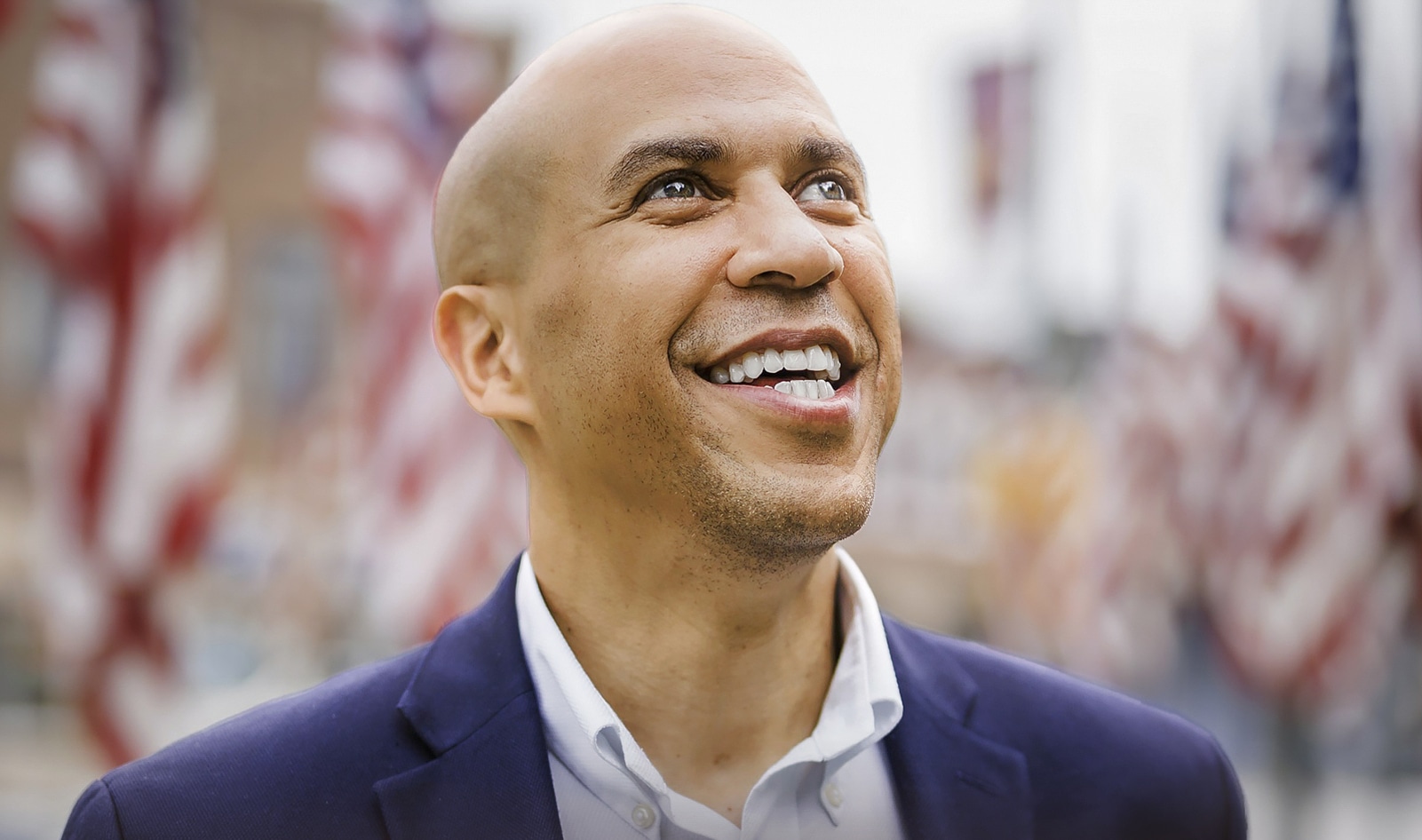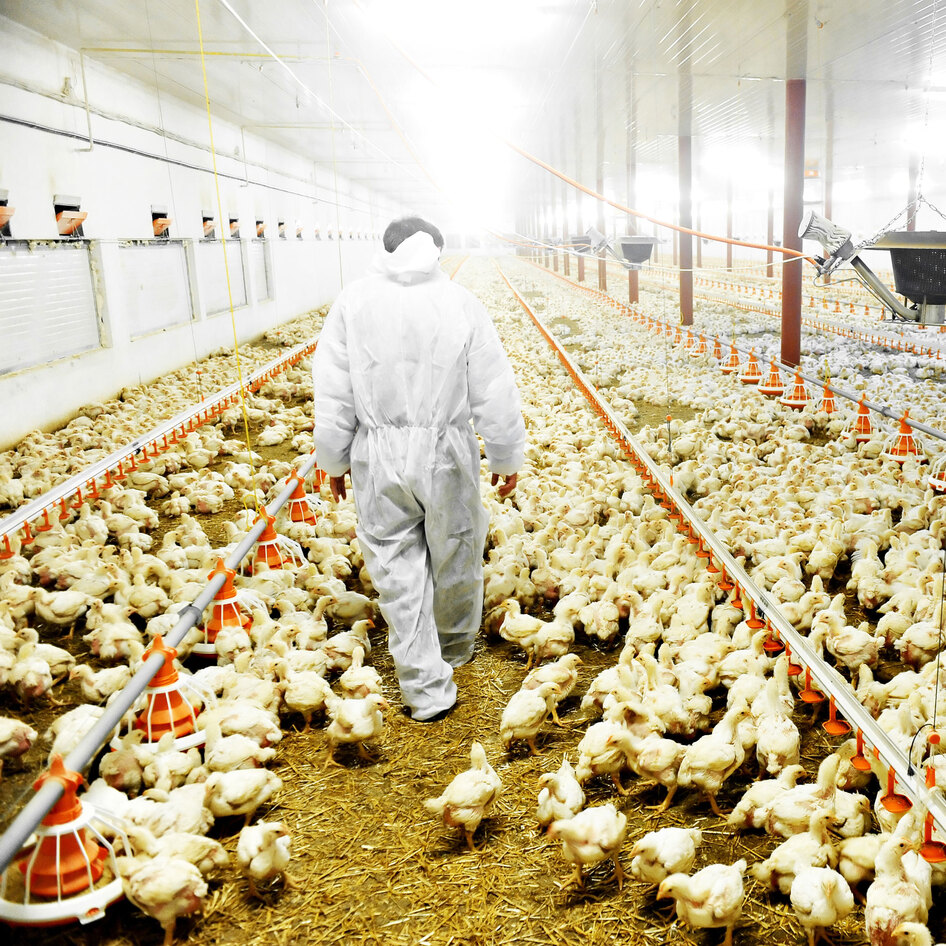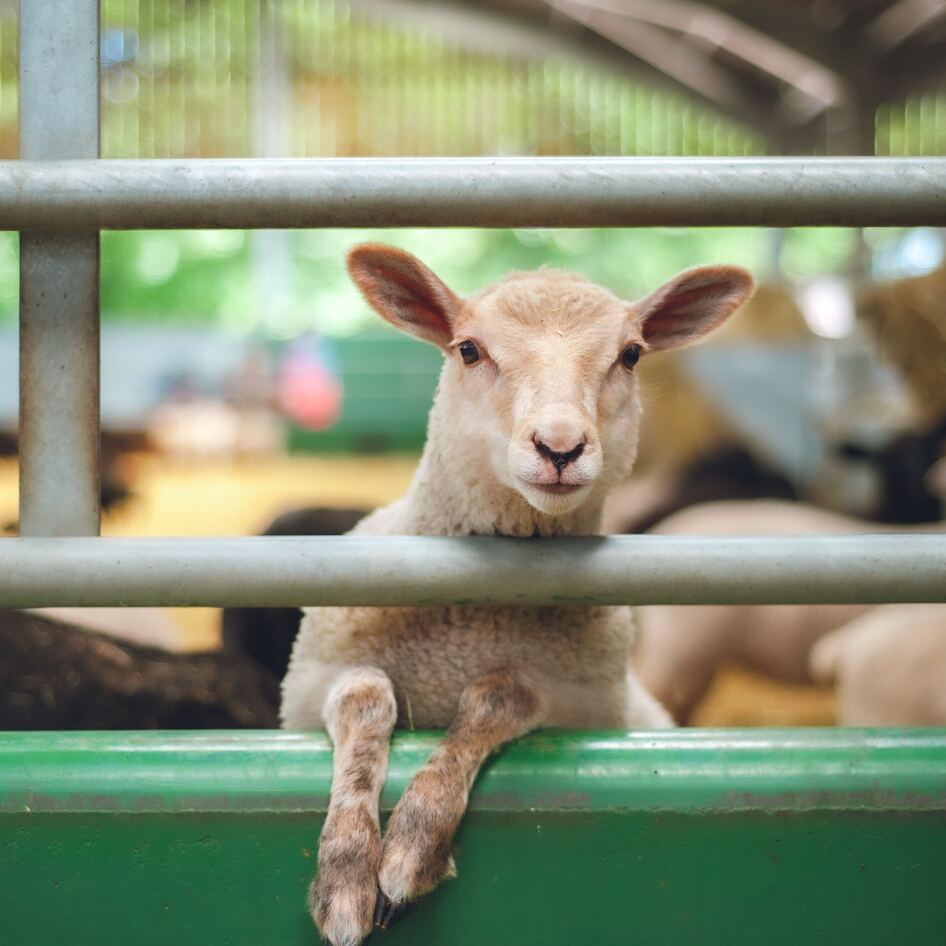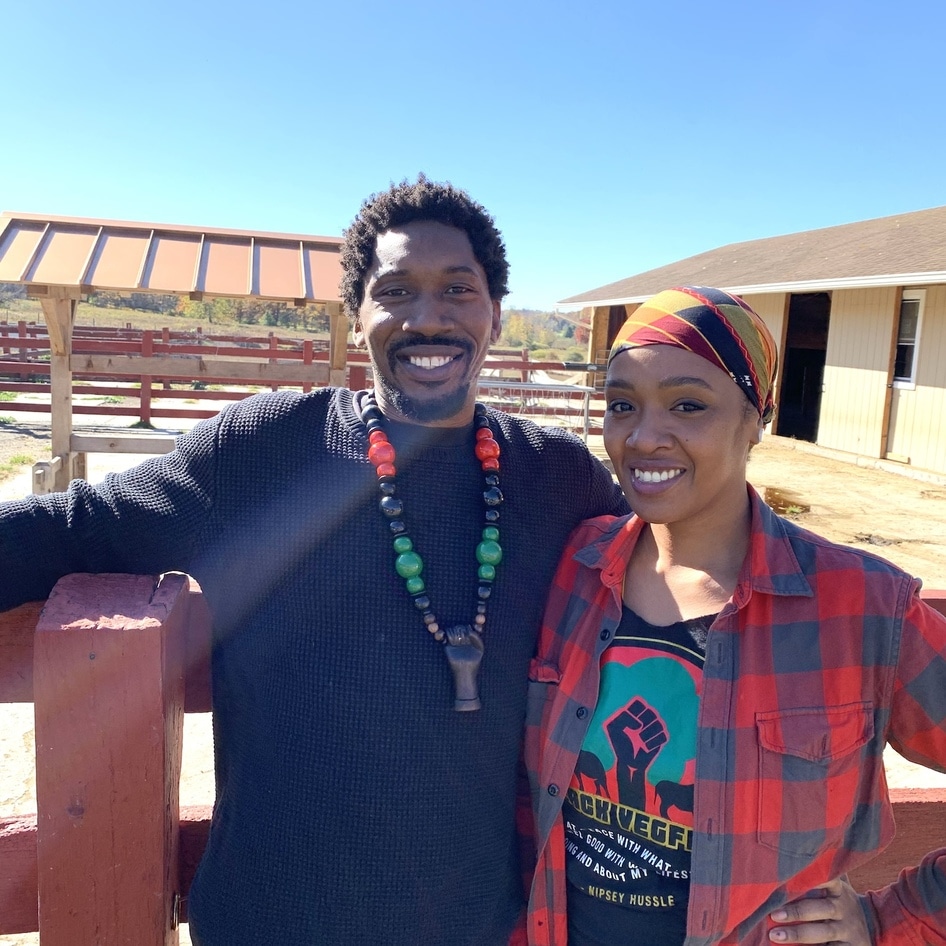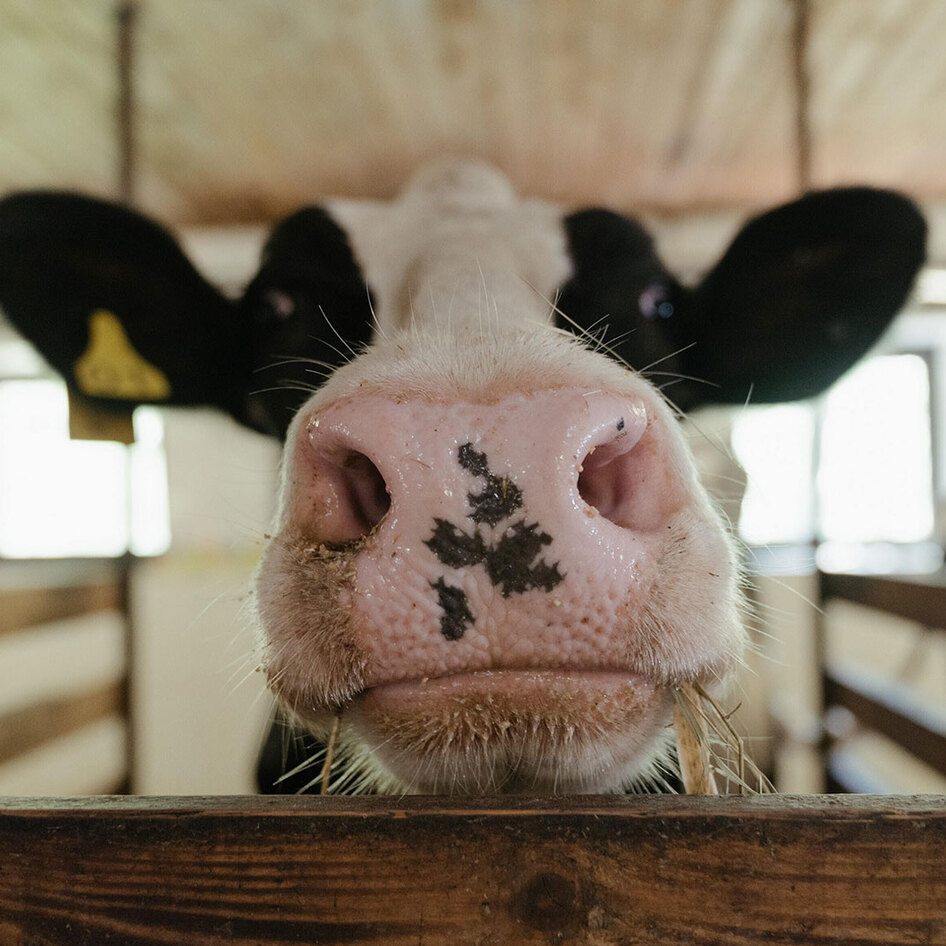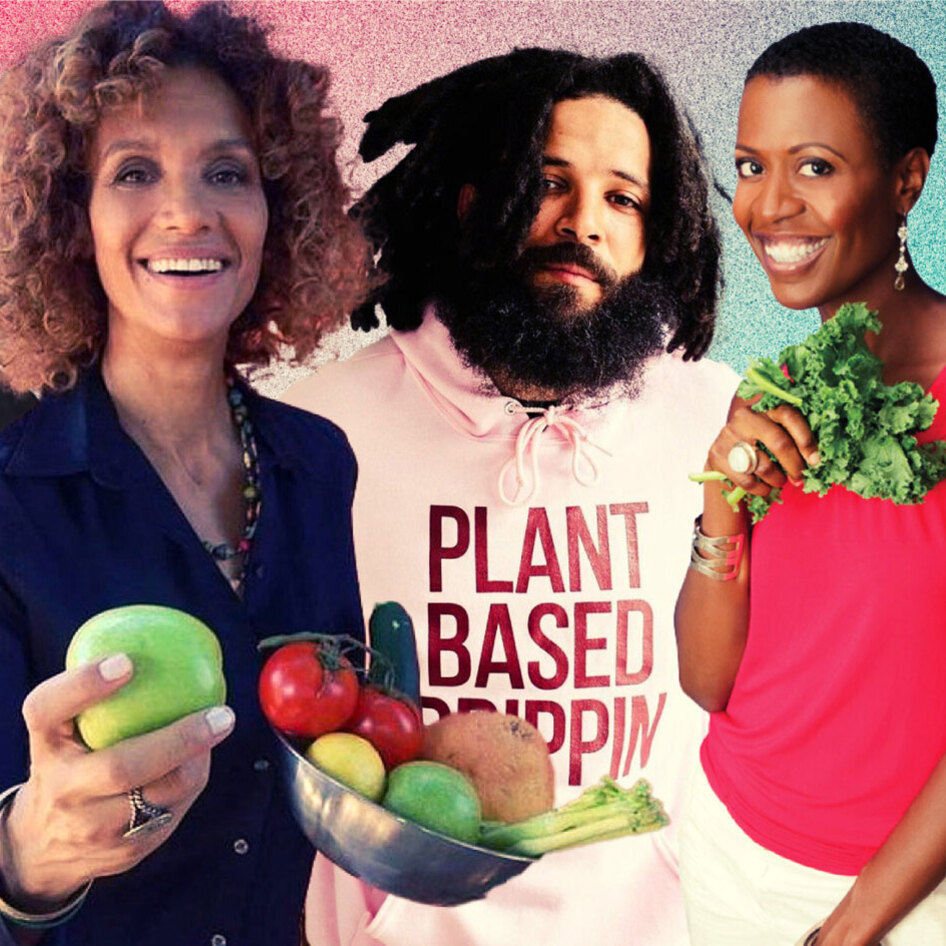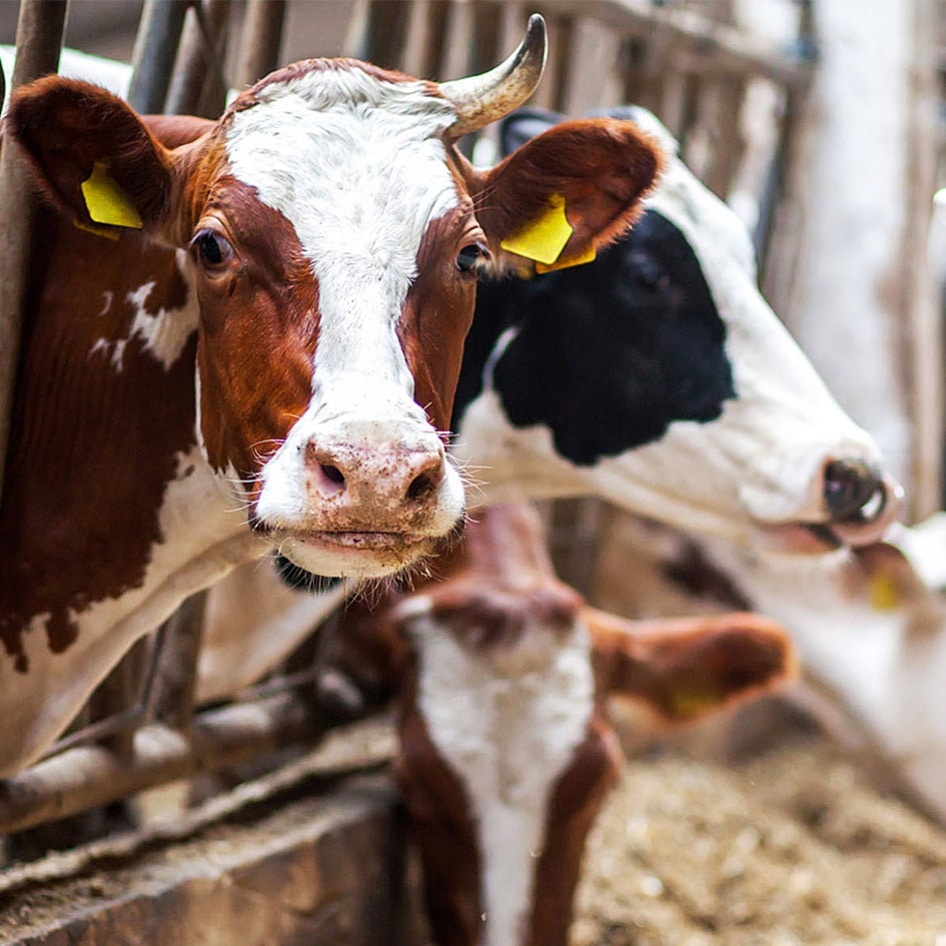Senator Cory Booker is on a mission to end factory farming for the good of everyone, animals and people, alike. In 2019, the New Jersey Senator—who has been vegan since 2014—proposed the Farm System Reform Act (FSRA), a bill that aims to transition animal agriculture away from factory farming.
FSRA looks to ban the opening of new large-scale concentrated animal feeding operations (CAFOs) and limit the growth of existing CAFOs in the meat and dairy sector. It also aims to phase out the largest CAFOs by 2040 and hold large meatpackers accountable for the pollution they create.
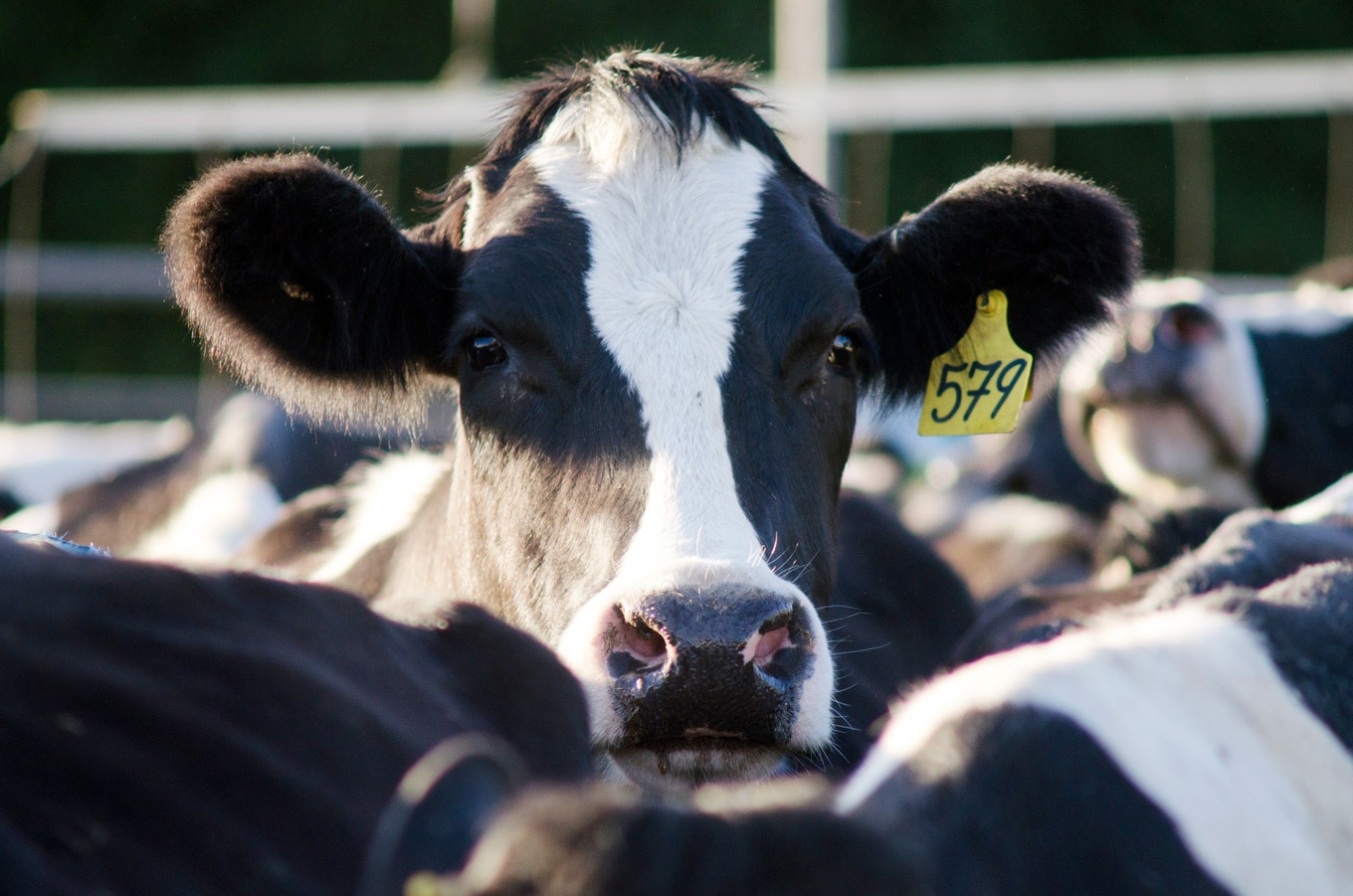 iStock
iStock
Booker reintroduced FSRA in 2021 and has been working to gain support in transforming the US animal agriculture industry in light of the forthcoming 2023 Farm Bill.
First passed in 1933 during the Great Depression, the current Farm Bill will expire on September 30, 2023. Though the current iteration contains 12 chapters, or “titles”, just four of those—nutrition, crop insurance, commodities, and conservation—account for 99 percent of the bill’s allocated funds.
In the time between now and when the Congress members who sit on the Senate and House Committees on Agriculture, Nutrition, and Forestry meet to draft next year’s Farm Bill, Booker and a slew of advocacy groups will seek to influence future priorities of the bill.
Banning factory farms is a bipartisan issue
Since the United States Congress authorized nearly $430 billion in public spending via the Agriculture Improvement Act of 2018 (more commonly known as the Farm Bill), a host of unforeseen crises have affected the nation’s food and farm systems: the COVID-19 pandemic, supply chain disruptions both domestically and internationally, and inflation of American grocery staples, to name a few.
On a recent episode of podcast Food with Mark Bittman, Booker sat down with the food journalist to discuss the importance of addressing these issues and ending factory farming, particularly as a matter related to public health and racial justice.

The first vegan to serve on the Senate Agriculture Committee, Booker acknowledged that “the second-biggest lobby after the defense lobby is the food lobby.” He also explained that when he meets with civil rights groups, he stresses the importance of making access to healthy foods a priority for Black and Latino advocates.
“The Farm Bill, to me, is a racial justice bill, as well,” Booker explained. “I’ve been saying very loudly … if the top of your list for racial justice is not food issues, then you are missing the number one killer of Blacks and Latinos. And to see people’s agenda for Black America that has nothing about access to affordable, fresh, healthy foods, they’re missing the point.”
The current Farm Bill has been criticized by some as incentivizing the meat and dairy industry to create an annual surplus despite supply exceeding demand, meaning more unnecessary deaths of farmed animals while the meat industry rakes in record profits.
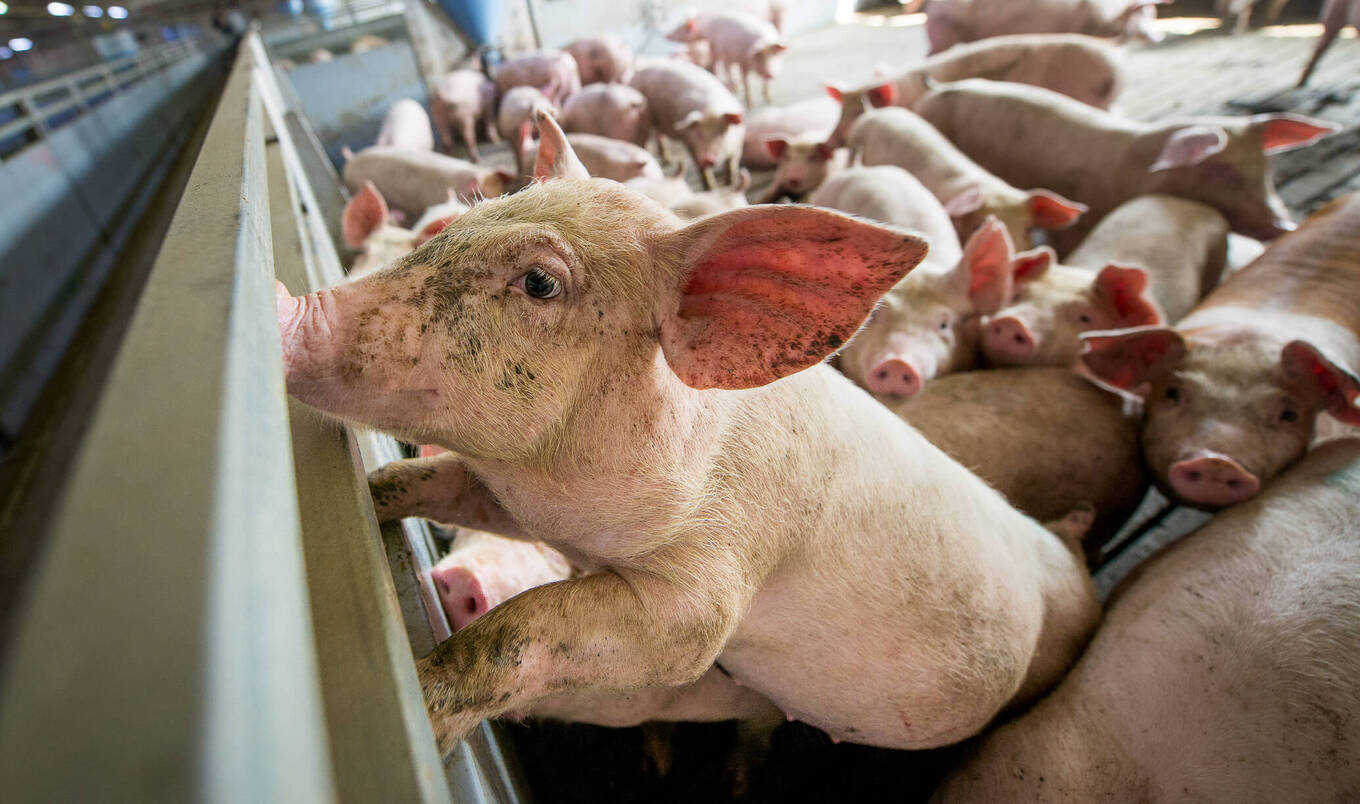 Agnor Mark
Agnor Mark
“The thing we often don’t talk about enough is the pernicious effect that commoditization has [caused] to minority communities,” Booker said. “It may have made winners of multinational global corps [but] all of this has really worked to the detriment of farmers [who] are really hurting in America; minority groups have really suffered health-wise; farm animals, it’s horrific what happens to them in most circumstances; our ecology is hurting and our climate is hurting.”
Booker continues to be a vocal advocate for ending factory farming and strengthening oversight of the meat industry’s practices, particularly in light of a growing body of research that indicates the consumption of animal products is linked to a higher risk of certain diseases.
“Ultimately, we have a nation [that] is sick: One out of three of our government dollars right now goes to healthcare for this explosion of diet-related diseases,” Booker said. “Are my kids going to go to a bodega and have a Twinkie product cheaper than an apple? Only two percent of our agriculture subsidies go to fruits and vegetables.”
“We’re surrounded by fast-food restaurants; all that food, we subsidize,” he said. “Dollar meals, the true cost is not a dollar; our taxpayer dollars are subsidizing that dollar meal and then we pay for it again in Medicare and Medicaid costs.”
Advocating for a better food system
Lauren Tavar, Director of Farm Animal Legislation at the American Society for the Prevention of Cruelty to Animals (ASPCA) echoes Booker’s notions about the urgent need to transform our current food system by moving away from factory farming.
“In addition to being the single-most influential piece of legislation on our food system, the Farm Bill also impacts the lives of billions of animals, including companion animals, equines, and farmed animals,” Tavar tells VegNews. “COVID-19, climate change, and bird flu have all underscored that animal agriculture must be held accountable for the harms it inflicts on animals, workers, communities and our environment through its reckless lack of preparation and a ruthless focus on efficiency and profits.”
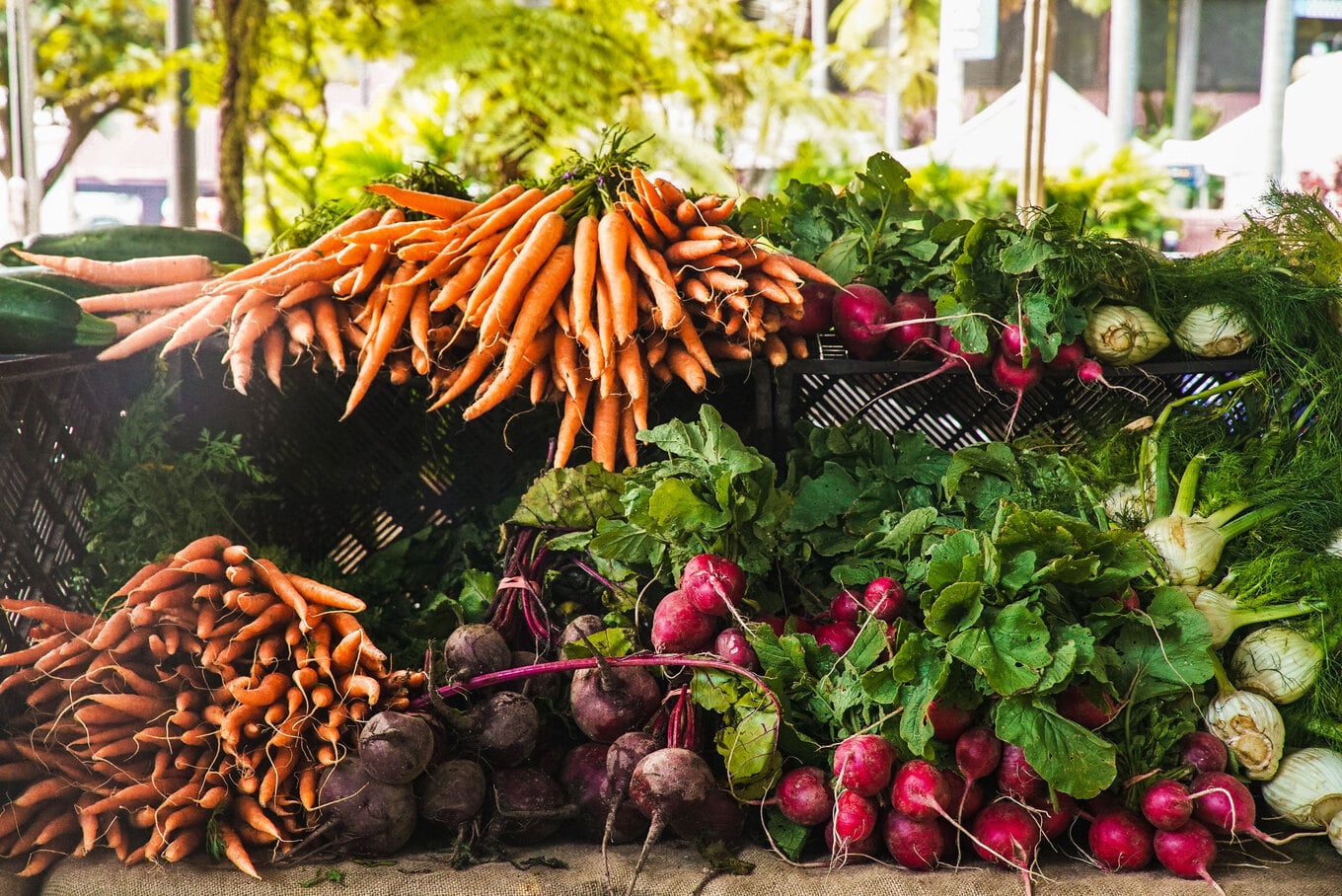 Pexels
Pexels
Booker and Tavar’s sentiments are also echoed by organizational leaders concerned with providing healthy, nutritious, and accessible foods for everyone in the US.
“We need a Farm Bill that’s focused on producing nutritious foods that people eat rather than subsidizing feed for factory farms or biofuels with environmentally dubious benefits,” Andrew deCoriolis, Executive Director of nonprofit Farm Forward, tells VegNews. “It’s past time that our agriculture policy put the long-term health and wellbeing of people over corporate profits.”
Consumer attitudes toward factory farming
As policymakers prepare to persuade the priorities of next year’s bill, groups such as Compassion in World Farming (CIWF) and Farm Forward continue to gather research into consumer attitudes towards factory farming, meat consumption, and their accompanying knowledge of where their meat actually comes from.
This week, CIWF released the results of a survey it commissioned in October which found 67 percent of American adults believe factory farming puts profits ahead of animal welfare and 59 percent believe profits are prioritized over the health of people who eat animal products. While these results signal that the American public is gaining awareness of the problems with factory farming, the issue is more complex.
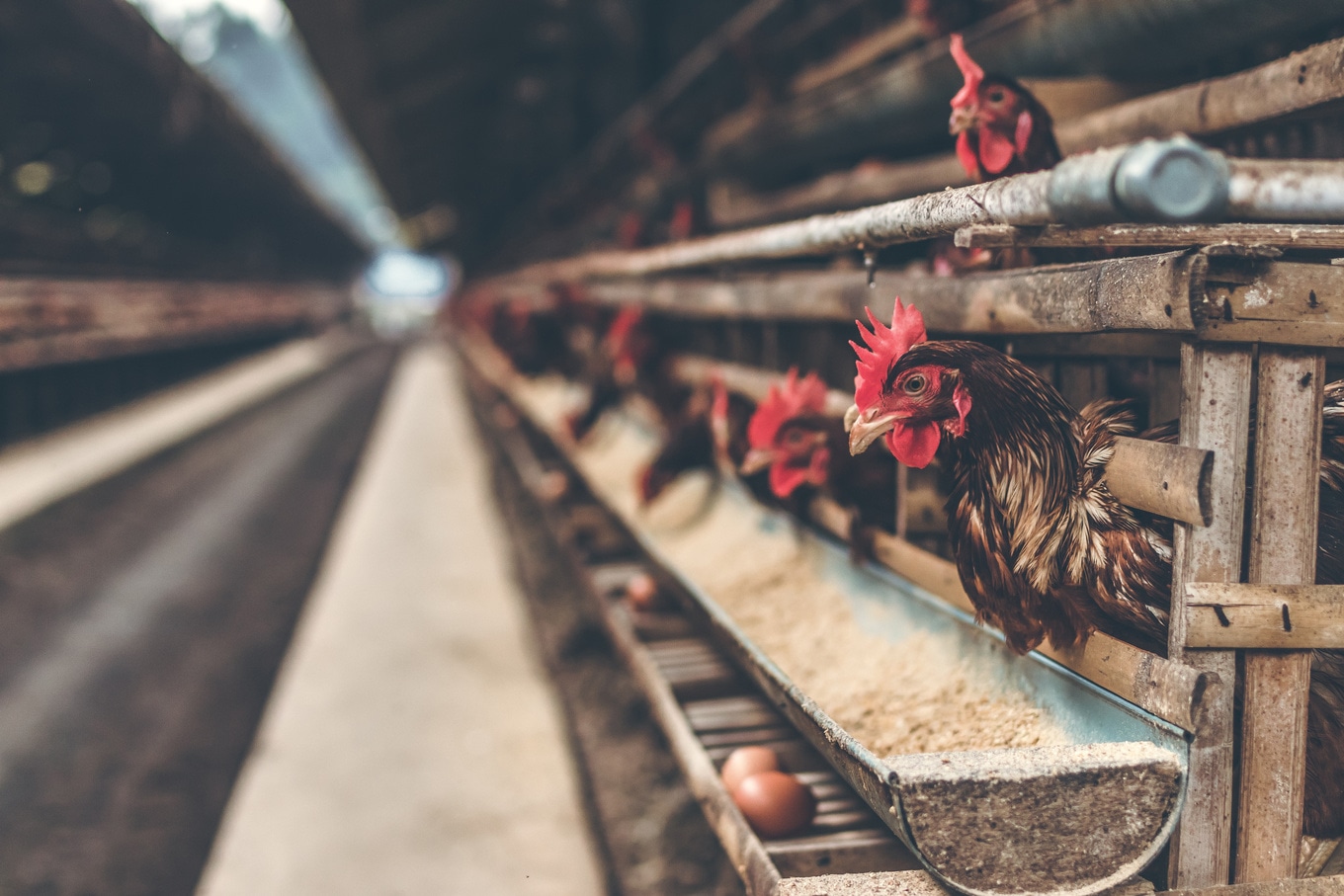
Farm Forward’s deCoriolis explains that its consumer research continues to show that Americans are still falling for marketing tactics that paint a bucolic image of animal agriculture.
“We started these surveys to understand the extent to which humane-washing and deceptive marketing affects consumers, and what we found is they broadly are deceived by a lot of marketing and meat labeling today,” deCoriolis says. “We seek to understand what consumers understand about meat production and labeling, what they expect when it comes to how farmed animals are raised, and what certain claims mean in practice.”
The concept of humane-washing, deCoriolis explains, is akin to greenwashing, where consumers are led to believe a company’s products are more environmentally-friendly than they actually are. Similarly, a meat product with a dubious animal welfare certification, he says, “evokes the image that animals are raised on a pasture, but they’re really raised in confinement.”
These deceptive claims, therefore, are upholding—rather than improving—the status quo.
“A growing number of consumers in America are concerned about how animals are raised, antibiotic resistance, climate change, and aligning their values with their purchasing,” deCoriolis says. “There’s a new market of certifications and claims, and instead of meeting consumers where they are, they’re actually marketing the same practices of the last 30 years.”
These deceptive claims and certifications, deCoriolis explained, obfuscate the meat industry’s real practices and pose a challenge to meaningfully improve animal welfare. Consider: if the average meat consumer believes that progress is being made where it actually isn’t, the incentive to embrace a vegan lifestyle is lessened.
“The ASPCA is advocating for several critical animal welfare provisions to be included in this bill to protect animals, stop propping up cruel factory farming, and accelerate the transition to a more humane food system,” Tavar says. “And we encourage the public to contact their members of Congress and urge them to include these lifesaving protections in the 2023 Farm Bill.”
For the latest vegan news, read:
JUMP TO ... Latest News | Recipes | Guides | Health | Subscribe

